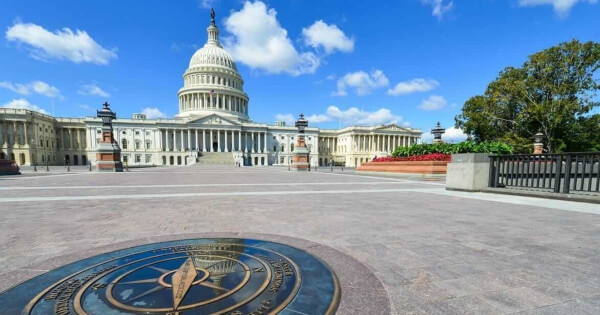
Over the weekend, the depegging of two major stablecoins, USD Coin (USDC) and Dai (DAI), from the US dollar prompted a frenzy of loan repayments on decentralized lending protocols Aave and Compound. Borrowers saved a total of over $100 million in the process.
The depegging was triggered by the collapse of Silicon Valley Bank on March 10, which raised concerns about USDC’s reserves being locked at the bank. This led to the USDC price dropping to lows of $0.87 on March 11. MakerDAO’s stablecoin DAI also de-pegged briefly, going as low as $0.88 on the same day.
According to a report by digital assets data provider Kaiko, more than $2 billion in loan repayments were made on March 11, with more than half of them in USDC. Another $500 million in debts were paid in DAI on the same day. However, repayment activity tapered off as both USDC and DAI started heading back toward their peg.
The depegging of USDC and DAI led to borrowers saving a significant amount of money. Blockchain analytics firm Flipside Crypto estimates that USDC debtors saved $84 million, while those using DAI saved $20.8 million. This is because borrowers were able to pay back their loans while the stablecoins were de-pegged, allowing them to take advantage of the lower prices.
The depegging also had wider implications for the DeFi ecosystem. The Kaiko report noted that the price dislocations generated countless arbitrage opportunities across the ecosystem and highlighted the importance of USDC.
The depegging of USDC also led MakerDAO to reconsider its exposure to the stablecoin, as crypto projects incorporating DAI in their tokenomics suffered losses due to a chain reaction.
However, Circle’s USDC began its climb back to $1 following confirmation from CEO Jeremy Allaire that its reserves were safe and the firm had new banking partners lined up, along with government assurances that depositors of SVB would be made whole. According to CoinGecko data, USDC was sitting at $0.99 at the time of writing.
Overall, the depegging of USDC and DAI from the US dollar resulted in significant loan repayments and savings for borrowers. It also highlighted the importance of stablecoins in the DeFi ecosystem and the need for proper risk management in the use of these assets.


